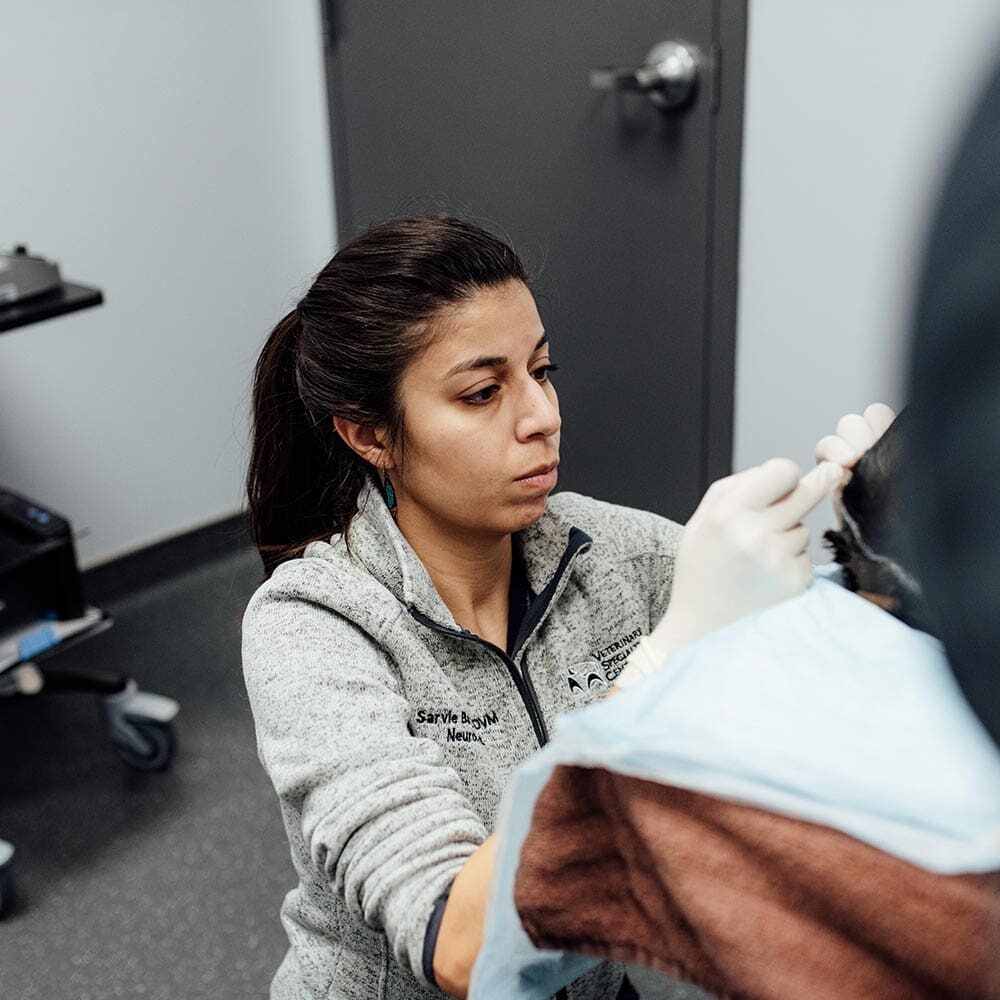Laboratory tests play a vital role in assessing your pet's health, whether they are facing a chronic condition or experiencing an emergency. When your pet arrives at our hospital, we may need to perform bloodwork to get a clear picture of their health status. In some cases, we may repeat recent tests to monitor your pet's progress—helping us understand if they are stable, improving, or worsening. We analyze trends in these results to determine if further testing is needed, or if medications should be started, adjusted, or stopped.
Common Blood Tests We Conduct


Additional Laboratory Tests
In addition to common blood tests, we are able to conduct a wide array of other laboratory tests, such as:
-
Urinalysis
Analysis of a urine sample allows us to detect urinary tract infections and crystals, assess kidney function and hydration status, and evaluate for metabolic disorders and other diseases.
-
Fecal Exam
A fecal test identifies intestinal parasites, protozoa, and bacteria.
-
Coagulation Tests
These tests measure how long it takes for your pet's blood to clot, which is an important part of pre-surgery safety.
-
Thyroid Tests
We can evaluate thyroid function, which is primarily elevated in cats and decreased in dogs.
-
Cortisol Testing
This test identifies conditions like Addison’s disease (low cortisol) or Cushing’s disease (high cortisol).
-
Blood Gas Analysis
This test assesses lung function, oxygen levels, and blood pH, helping us evaluate respiratory health. It is also useful for identifying toxicity, some cancers, and other disorders.

